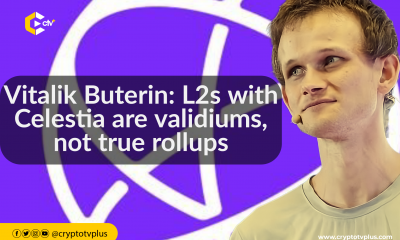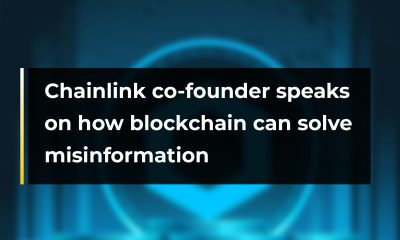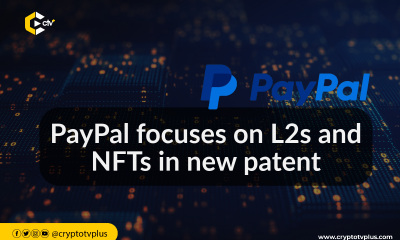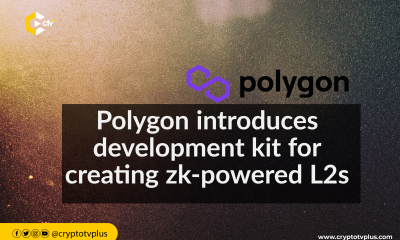FEATURED
Chainlink: Why L2s are the next big thing for developers
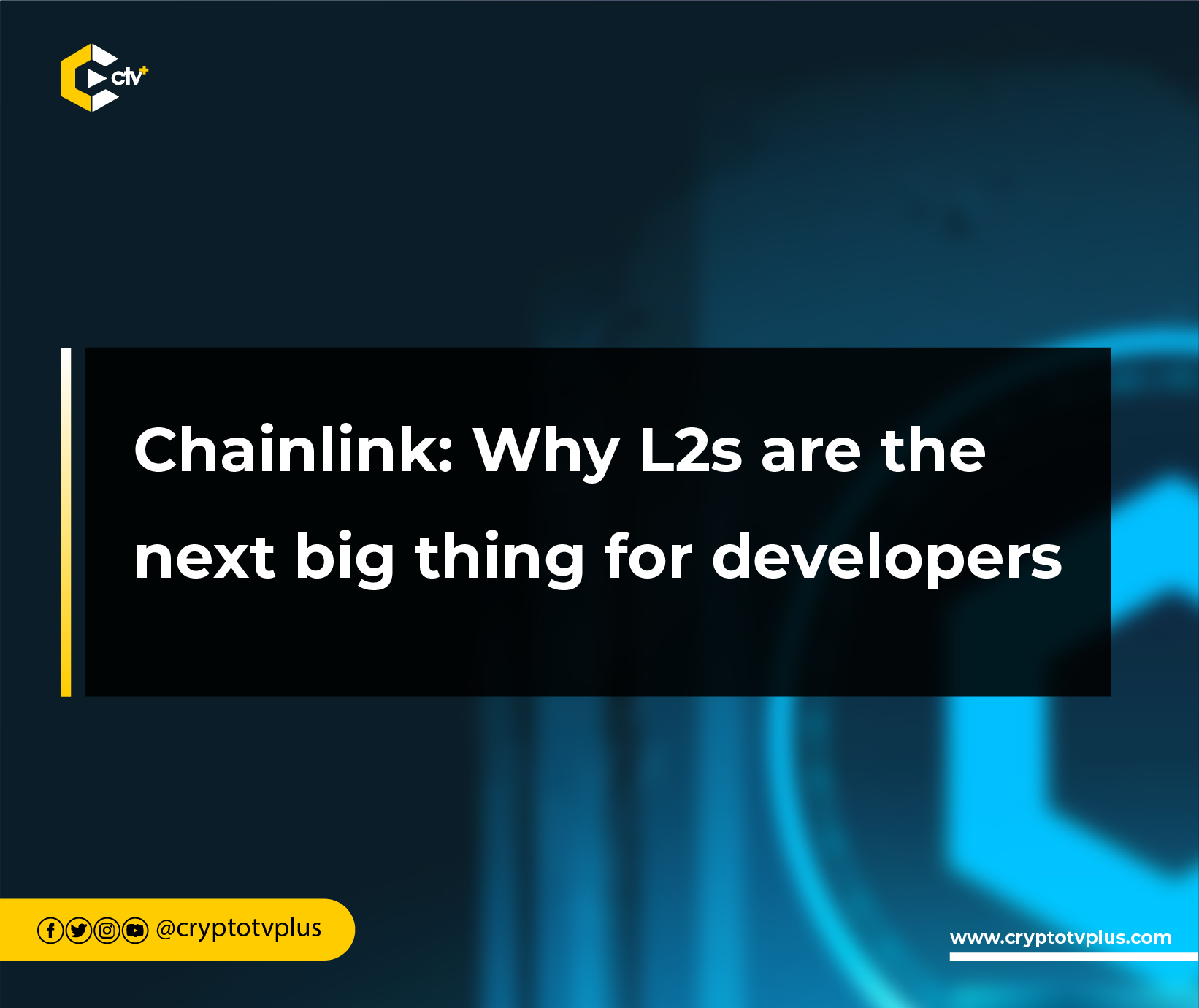
As developers continue to explore the potential of decentralized technologies, they are constantly on the lookout for solutions that can improve scalability, reduce costs, and enhance user experiences. At SmartCon 2023, Steve Ellis, co-founder of Chainlink, emphasized that L2s, a scaling technology for blockchains, are one of the technology blockers for the next wave of developers that would allow them to build innovative solutions.
According to him, “I think the one that’s getting talked about a lot that I think is going to make a really huge difference can’t be understated would be Layer Twos (L2s).” He explained that L2s have evolved rapidly, with various types, such as optimistic rollups and zero-knowledge proofs, offering different features and trade-offs.
One of the most pressing issues L2s address is the high gas fees experienced during periods of network congestion. L2s offer a solution to this problem by allowing for more complex logic to be executed on the blockchain, giving developers more room to innovate, Steve Ellis said.
Moreso, L2s are set to improve the user experience significantly. With more block space available, transactions will become cheaper and faster, making blockchain applications more accessible to a broader audience, he explained. However, one of the challenges associated with L2s is that they are ‘siloed,’ Ellis added.
Furthermore, the co-founder highlighted the importance of reliable bridges that can connect various L2 networks and even different blockchains. He mentioned that “bridges [are] yet to be really reliable in the space,” adding that Chainlink is eager to provide secure bridge solutions. These bridges will enable developers to harness different blockchains and create applications that fully maximize the properties of each chain.
Ellis further speculated that the process of connecting smart contracts across different networks could become automated, simplifying the development process and reducing complexity for developers.
Another noteworthy development highlighted by Steve is account abstraction. This technology aims for seamless blockchain interactions for users, which could attract a larger audience to blockchain applications. It also aims to solve gas-related issues and other complexities.
Starting out in the blockchain space as a developer can be overwhelming. Thus, Steve Ellis advised that developers should position themselves to drive the trend as the web3 space moves very fast. He emphasized the importance of staying at the forefront of innovation by actively exploring new tools and capabilities introduced in the blockchain space.
Notably, Ellis suggested looking into tools like low-latency oracles, which can enable high-speed trading and open up new possibilities. Additionally, functions and cross-chain solutions are powerful tools for developers to explore, he mentioned.
Read also;
Proshares introduces new Ether short ETF
What do you think of this article? Share comments below.



